National Nutrition week is celebrated in India in the first week of September and this year we emphasise and ruminate upon ‘Poshakaahar, deshkaaadhar’. The National Nutrition Week is a central government initiative to promote nutrition awareness and good health through nutrition education. The need for health and nutrition in the past decade has gained much popularity and attention. We want that ‘perfect’ body type, opt for the best fitness regime and eat the healthiest produce more than ever! With the semi-reputable content available on the internet and the raging fad diets coming up every now and then, we become a complacent herd of cattle that believes anything that is out there and sounds promising. In the pursuit of our health goals and the paradox of choice that surrounds us, our common sense of what’s natural and healthy goes out of the window. And who needs to consult an expert when everyone around us acts like a self-proclaimed nutrition guru?
Amidst all this confusion, you end up sabotaging your health goals as you keep following the biggest lies, myths and misconceptions that mainstream nutrition gets you to believe. What if you were told that you have got the basics wrong? Here are some biggest mainstream nutrition lies debunked to help you fix what you’ve been doing wrong and attain the results you crave for.
#1 Fat is bad for you
It’s time that we got rid of the notion that eating fat makes you fat. It doesn’t work that way. Whatever we eat is absorbed, digested and utilized by our body for our daily functioning and fat has more to do to your body than just cause you to gain extra oodles. Fats and oils provide your organs with a layer of protection; it’s important for brain development and growth, supplies the body with fat soluble vitamins and gives you a radiant skin. Now the deal breaker is that you need to take care of the quality and quantity. Make sure that you eat more of “good” unsaturated fats and cut down on “bad” unsaturated fat. No fried food please!
Image Source: womenshealthmag.com
#2 “low fat” is equal to “low calorie”
We seldom let our guards down when we see that “low fat” claim on a pack of food and grab it to save yourself from eating extra fat. But does this save you from the calorie consumption as well? It is wrong to believe that “low fat” and “low calorie” comes hand in hand and these terms should not be used synonymously. In fact, low fat foods are highly processed foods that use other ingredients like added sugars, artificial sweeteners and stabilizers to compensate for the less fat. It is also found that people why reach out for these products end up eating more because they are under the illusion that low fat means low calories.
Image Source: infowars.com
#3 Eating during the night is bad for you
 Calories are calories, period. They account up for your daily consumption irrespective of what time you eat them and they undergo the same treatment. Yes, your digestive system slows down a bit during the night and hence it takes longer for you to break it all down. Why? Well, that’s because your metabolism slows down because you slow down and this has nothing to do with the time switch. A burger during the night is as harmful as a burger during the day.
Calories are calories, period. They account up for your daily consumption irrespective of what time you eat them and they undergo the same treatment. Yes, your digestive system slows down a bit during the night and hence it takes longer for you to break it all down. Why? Well, that’s because your metabolism slows down because you slow down and this has nothing to do with the time switch. A burger during the night is as harmful as a burger during the day.
#4 Carbs make you fat
Carbohydrates have been damned for an eternity now. Do you know that carbohydrates are the most preferred source of fuel for your body and that absence of enough carbohydrates can have delirious health effects? What is a determining factor is the type of carbohydrate you pick. Simple carbohydrate like in the processed fast food get readily absorbed in the body and excess of it is then converted into fat and stored whereas complex carbohydrates is what you need more. Managing the type and amount of carbohydrate is what you need to do.
Image Source: goodcarbs.org
#5 Skipping meals make you lose weight
This makes no sense and we need to get rid of this age old myth. Eating less or not eating at all cannot help you through weight loss and depriving your body of the nutrients that it needs, can do no good. Weight loss requires a multi-disciplinary approach that target at eating balanced healthy diets, regular fitness activities and lifestyle modification.
Image Source: bodylineclinic.com
It is absolutely crucial for you to educate and empower yourself with the right information to wisely distinguish between the facts and the myths. A Registered Dietitian can help you understand what a balanced meal comprises of and customize it according to your needs and requirements. Help yourself to a healthy living by not devouring food anymore.








































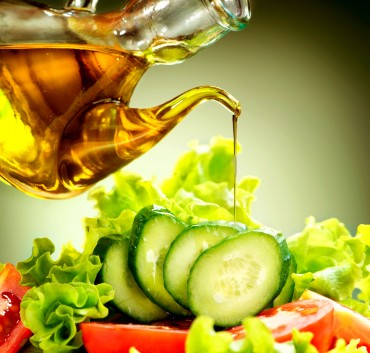

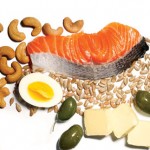

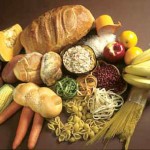
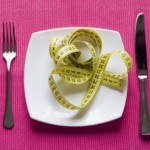














Comments